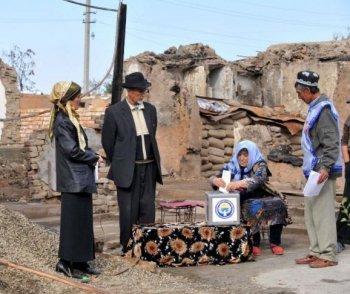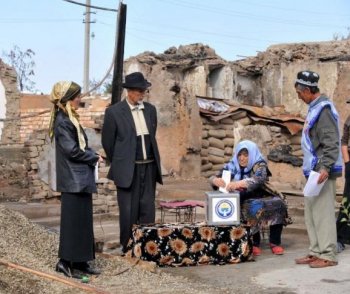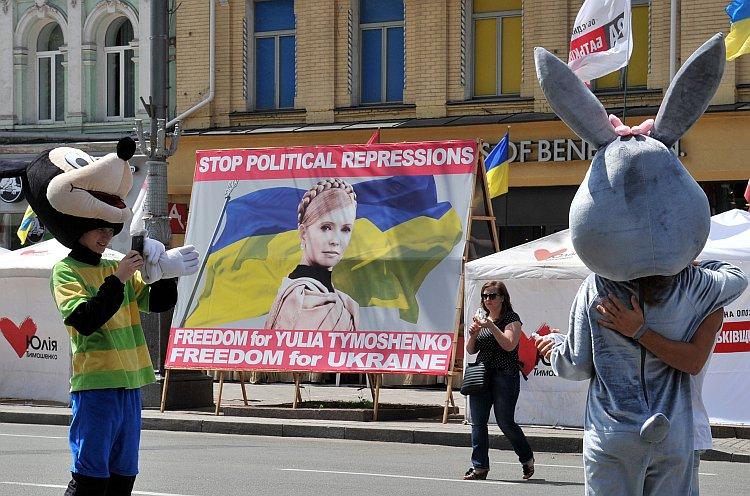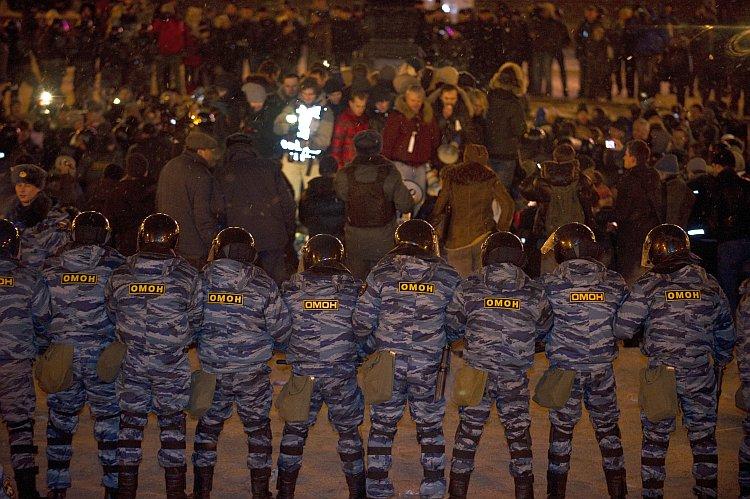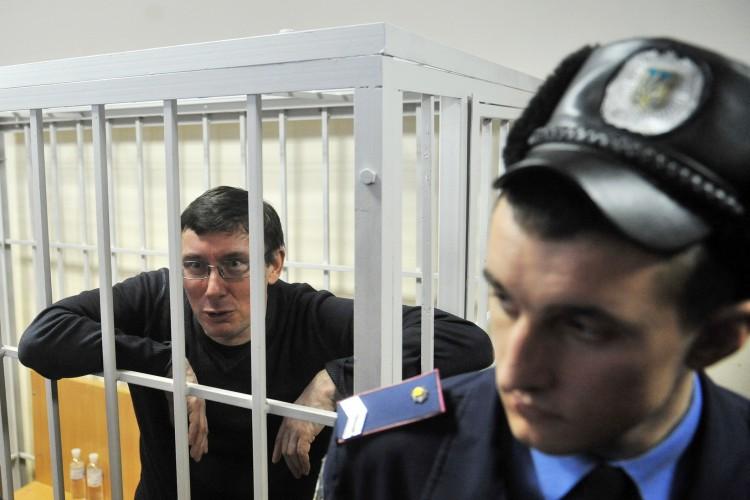Kyrgyz People Vote for Democratic Future
Kyrgyzstan comes one step closer to becoming Central Asia’s first parliamentary democracy.
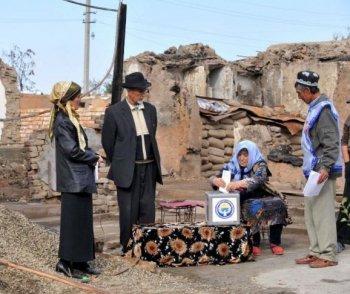
Ethnic Uzbeks vote near their homes in the city of Osh, which was destroyed amid ethnic violence and political unrest earlier this year. Victor Drachev/AFP/Getty Images
|Updated:
